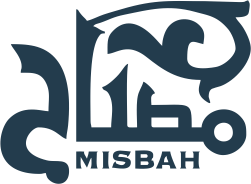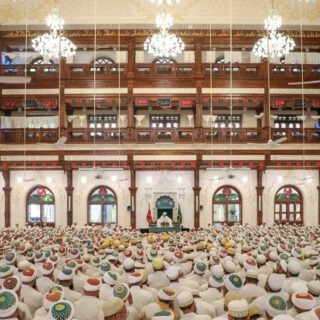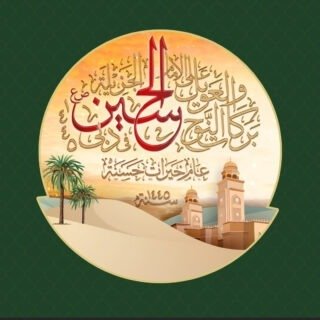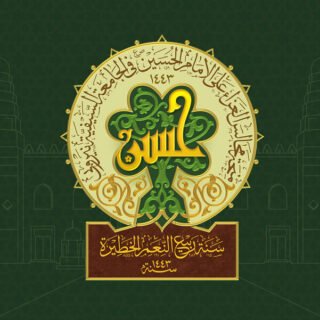Language is an integral element of cultural identity. On one hand, language reflects the thoughts, feelings, beliefs and mannerism of the culture it is associated with. While, on the other hand, it impacts them too. Culture sans language cannot exist. It is rightly said that humans learn culture through language.
Values and beliefs crystallize through terminologies used in a language. Hence, the developers of any language need to have comprehensive knowledge of the culture before they coin a word or a terminology.
Lisaan al-Dawat is the language spoken by the upholders of Dawat, Awliyaullah AS. Arabi is the language in which the Quran was revealed upon Rasulullah SA. It is the language in which we pray and recite du´aa’. The rich collection of treatises and manuscripts authored by Awliyaullah AS are in Arabi; it is the bearer of Thaqaafat Fatemiyah.
When Dawat functioned from the Arabian Peninsula and North Africa, the medium of communication was Arabi. Discourses and other religious addresses were administered in Arabi. When, Dawat spread to South Asia, it necessitated the need to develop a language having elements of the locally prevalent languages. Hence, Hudaat Kiram AS developed a language that we know today as ‘Lisaan al-Dawat’. It was a challenging task to develop a language in a foreign land with all the elements of Thaqaafat Fatemiyah in it.
While accommodating words and terminologies from vernaculars, the spirit of Arabi is preserved in Lisaan al-Dawat. Lisaan al-Dawat is the bridge towards Arabi. Hence, all the elements of Thaqaafat Fatemiyah are preserved in Lisaan al-Dawat.
To be steadfast upon deen and imaan requires one to speak and understand Lisaan al-Dawat. Highlighting this importance, Syedna Mohammed Burhanuddin RA states,
‘Lisaan al-Dawat is an important factor in understanding our culture. Duat Mutlaqeen RA have developed this language for several reasons; chief among them are:
- To ensure our adherence to Deen and Imaan
- To enable us to understand and benefit from the waaz and bayans of Awliyaullah AS
- To make them reap the barakaat of Lisaane Arabi
- To influence their thoughts, culture and all other aspects of their lives with the barakat of Lisaane Arabi.’
Time and again Syedna Mohammed Burhanuddin RA and Syedna Aali Qadr Mufaddal Saifuddin TUS have said that culture will be impacted when language undergoes change.
Syedna Mohammed Burhanuddin RA once stated:
‘Children should say ‘Assalamo alaikum wa rahmatullahe wa barakatohu’ instead of, ‘Good morning!’
Majalis and other Deeni gatherings are the fountainhead of Thaqaafat Fatemiyah. Mumineen bring their children to these gatherings to bring them closer to Thaqaafat Fatemiyah and acquaint them with its finer points. However, in places where Lisaan al-Dawat is hardly spoken in at home, the children do not turn up in majalis, one reason being an inability to understand Lisaan al-Dawat. Interest is lost in a gathering by an individual wherein he cannot communicate or understand the conversations of others.
May Allah protect Fatemi Saqafat in our descendants. May He grant Syedna Aali Qadr Mufaddal Saifuddin, the custodian of Fatemi Saqafat, a long and prosperous life till the day of Qiyaamat.








